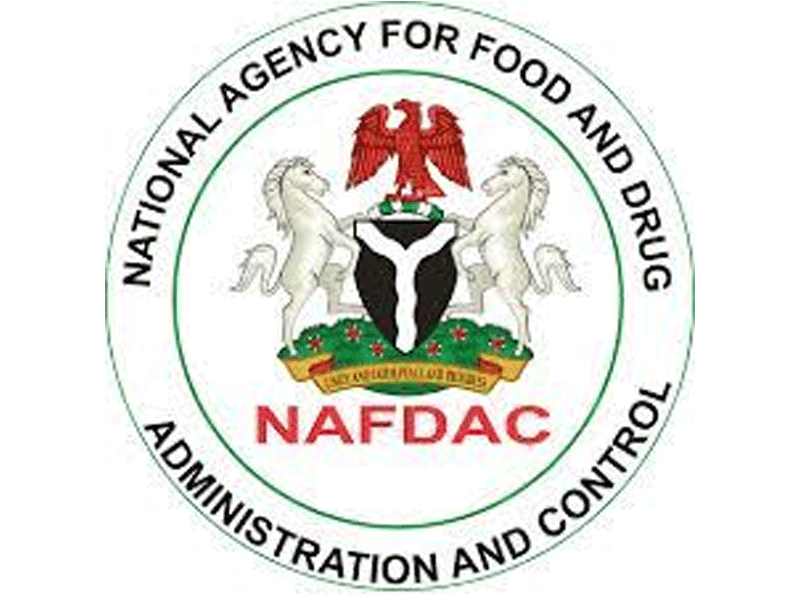
The National Agency for Food and Drug Administration and Control (NAFDAC) is ramping up efforts to curb the influx of substandard and counterfeit pharmaceuticals into Nigeria, with a strong focus on imports from China and India—Nigeria’s two largest sources of pharmaceutical products.
At a stakeholder engagement on Thursday, NAFDAC Director-General, Prof. Mojisola Adeyeye, highlighted the impact of the Clean Report of Inspection and Analysis (CRIA) scheme in tightening regulatory oversight. The scheme, operational in both China and India, mandates pre-shipment inspection and certification of pharmaceutical exports destined for Nigeria.
“CRIA ensures that only high-quality, safe medicines are allowed entry, while intercepting counterfeit and substandard products at the source,” Adeyeye said. She noted that while China and India previously accounted for 70% of Nigeria’s pharmaceutical imports, that figure has dropped to 60% due to NAFDAC’s push for local manufacturing.
To further strengthen its oversight, NAFDAC has accredited CRIA agents in both countries and is collaborating with global quality control firm COTECNA. Stakeholders were urged to engage only with approved CRIA agents prior to shipping any consignment from China, India, or Nigeria.
“Engaging with CRIA agents is non-negotiable,” Adeyeye stressed. “This is key to compliance and safeguarding public health.”
To streamline operations, NAFDAC also introduced the Port Inspection Data Capture and Risk Management System (PIDCARMS), an electronic platform designed to enhance documentation verification and inspection processes at entry points.
However, the agency raised concerns about the fate of rejected consignments. “What happens to the rejected shipments?” Adeyeye asked. “Are they rerouted through illegal means? This is a loophole we must close in collaboration with our CRIA partners.”
NAFDAC called on importers and stakeholders to consult its official website for comprehensive guidelines on registration, labelling, and shipment procedures to ensure strict compliance with Nigeria’s pharmaceutical import standards.